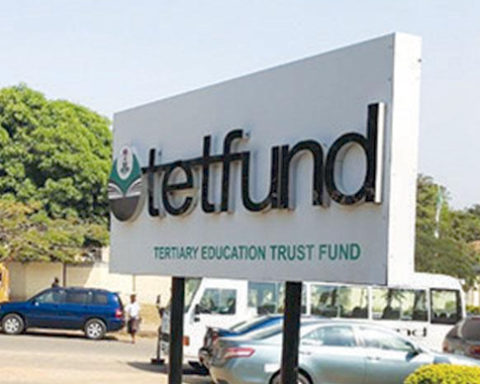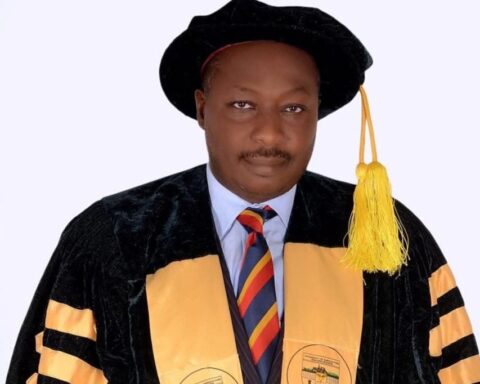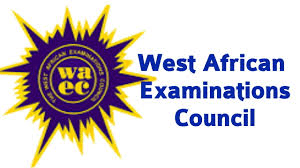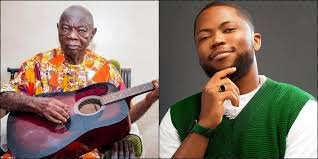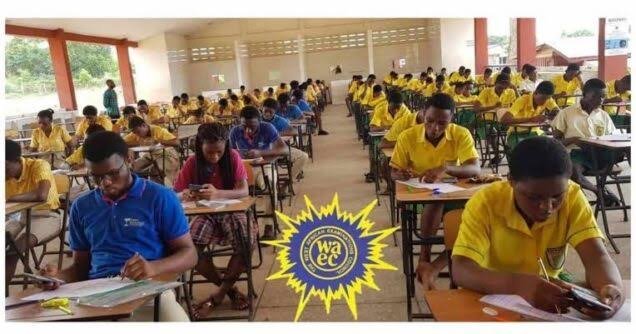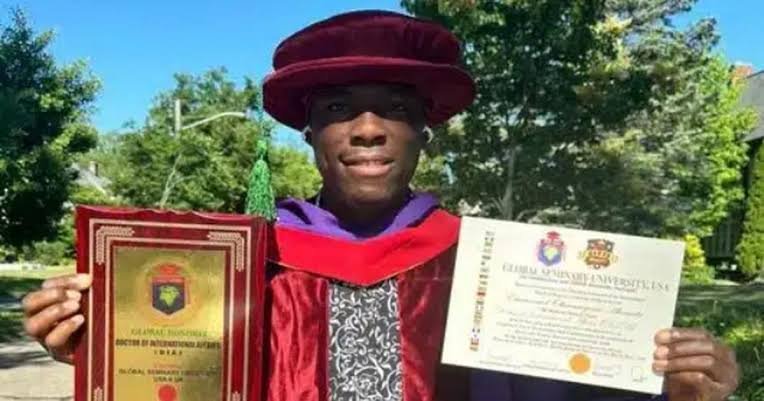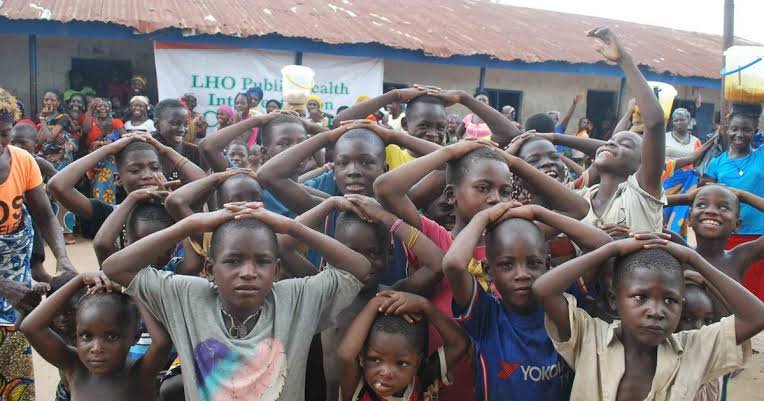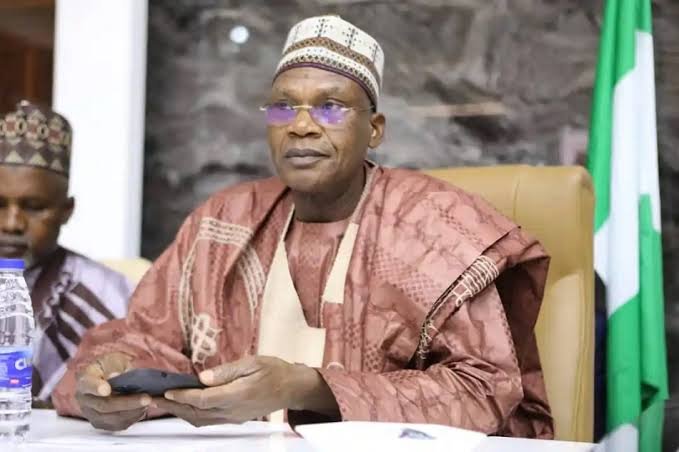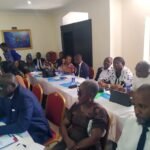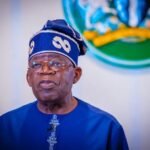Private school owners in Enugu State have expressed concerns over what they describe as oppressive taxation policies imposed by the state government, which they claim are forcing many schools to shut down.
According to the school owners, taxes and levies imposed by the government range from N450,000 to N2.2 million, depending on the size and structure of the school, and have become unsustainable for many institutions. Schools that are unable to meet these financial demands are being closed down by the government.
At a press conference held over the weekend, the pioneer chairman of the Association of Private School Owners of Nigeria (APSON), Emeka Grahams, criticized the government’s lack of responsiveness to their appeals for a review of the tax policy. He described the situation as “unfair and detrimental” to the private education sector.
Grahams noted that private schools previously paid an annual renewal fee of N30,000, but the Enugu State Ministry of Education has significantly increased the fee, now split into multiple categories, leading to an overall rise of over 200 percent.
“The issue is that private school owners in Enugu State are being burdened by an unjust policy. The Ministry of Education has introduced a tax regime far higher than what was in place before this administration.
“What used to be a N30,000 annual renewal fee has now been replaced by multiple taxes for various categories, including early childhood education, junior secondary, senior secondary, and more,” he explained.
He further lamented that the provisional approval fee, which schools used to pay, has been abolished. “Schools are now required to re-register from scratch. For those operating nursery, primary, junior, and senior secondary schools, the total fee can be as high as N2.2 million,” he said.
Comparing the situation to other states, Grahams argued that private schools in Lagos, Rivers, and Abuja do not face such high levies, suggesting that the Enugu State government is deliberately trying to drive private schools out of business, despite the fact that public schools cannot accommodate the educational needs of the state’s population.
Despite their efforts to engage the government on the issue, Grahams said there has been no positive response, with authorities continuing to shut down schools that fail to meet the tax requirements, only reopening them after payment is made.
“In the past, the government would at least listen to us, but this administration has been unresponsive. Schools are being closed for not paying these exorbitant fees, and once payment is made, they are reopened. It appears the focus is solely on revenue generation, not on the quality of education,” he said.
On his part, Dr. Ejiofor Godwin, a member of the Enugu State Education Stakeholders and President of the Private Association of Proprietors of Schools (PAPS), South East, noted that these heavy taxes do not contribute to improving the quality of education but only serve to further burden private school owners.
Godwin added that private schools play a major role in boosting the state’s internally generated revenue, calling for government’s support instead of the current punitive measures.
“Private schools should be supported and encouraged to thrive, not stifled,” he said.
The proprietors also urged the government to provide at least three years for schools to improve their facilities and infrastructure, appealing to the government to provide financial and material support to private schools as well as remove uniform fees across all schools. They suggested that fees should be determined based on each school’s location, financial capacity, and student population.
Legal counsel to the private school owners, JMCC Ogbuka pointed out that under Nigerian law, private schools are exempt from certain taxes.
“According to Section 18 of the Nigerian Constitution, which guarantees Compulsory Free Education, there should be no taxes or levies imposed on private schools. Any contrary policy is a nullity,” he stated.

